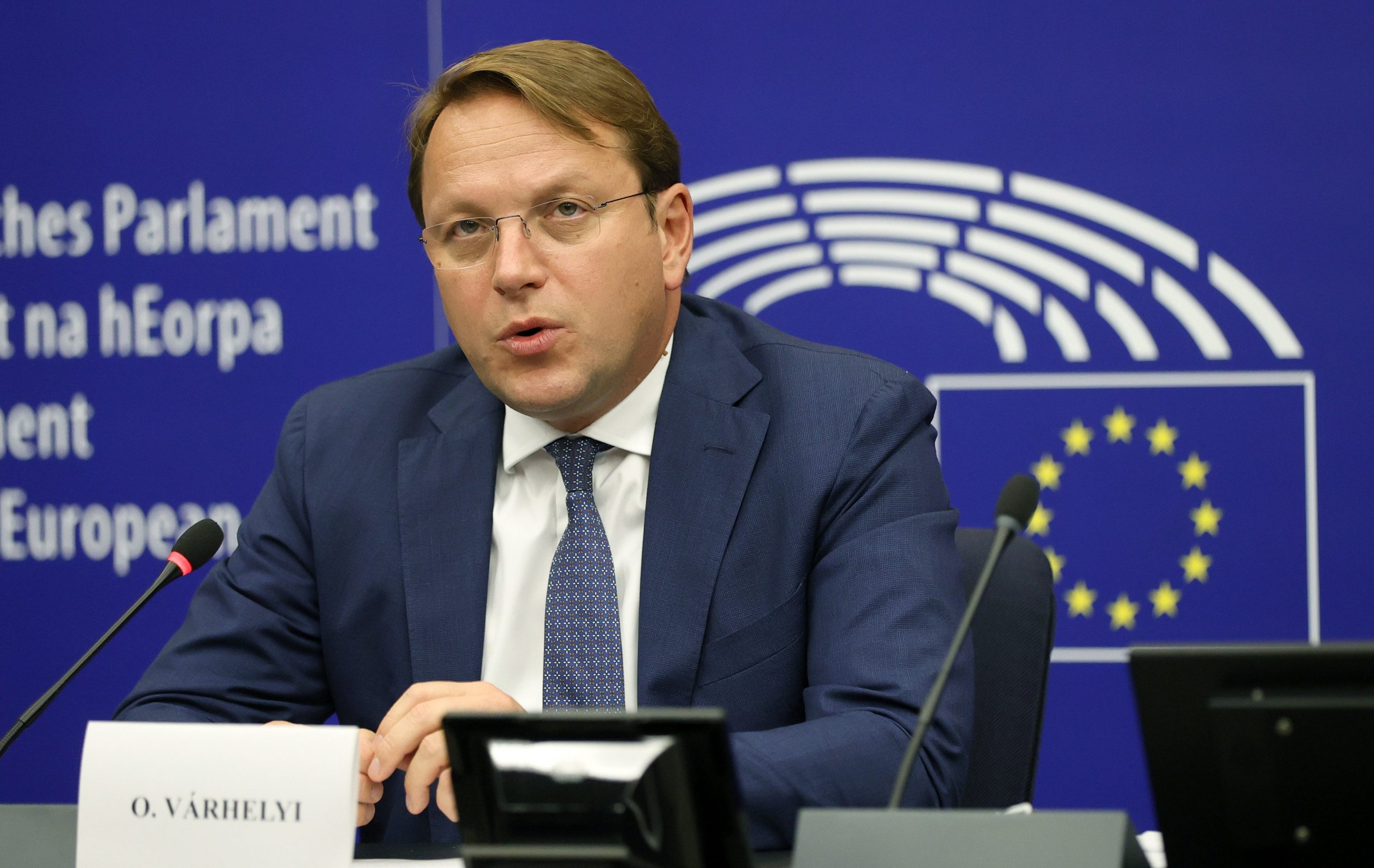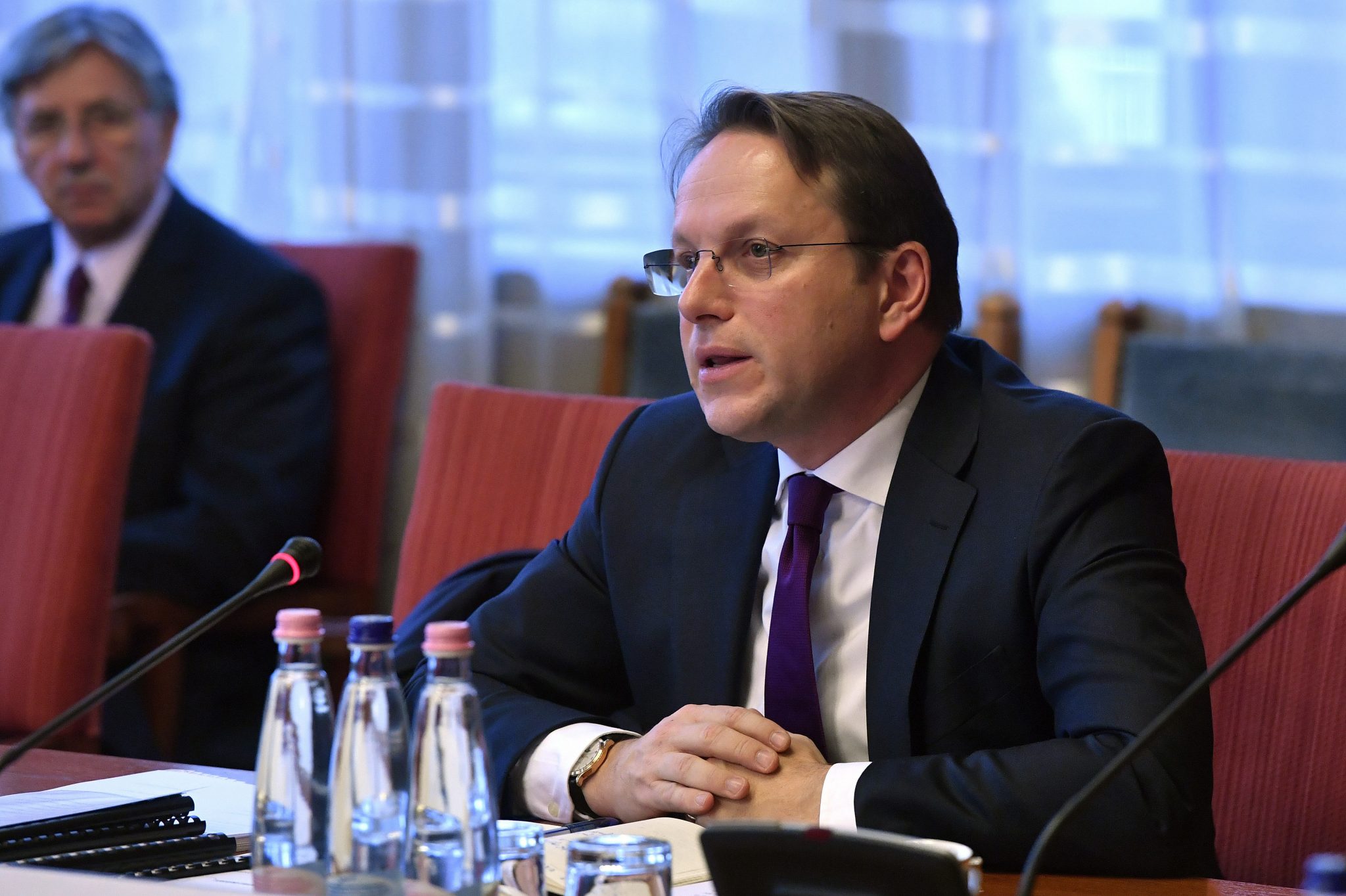
Following the letter of Katalin Cseh and fellow EU lawmakers, the European Commission stood by the enlargement chief.Continue reading

EU Enlargement Commissioner Olivér Várhelyi has called accusations claiming he helped the “separatist activities” of Bosnia and Herzegovina Serb Presidency Member, Milorad Dodik, ‘fake news.’
As we previously reported, by the initiative of Momentum MEP Katalin Cseh, 30 MEPs called for an investigation into Commissioner Várhelyi’s alleged role in assisting Milorad Dodik’s separatist escalation in Bosnia and Herzegovina.
Dodik, the Serbian member of the country’s tripartite presidency, announced last October that the Serbians would withdraw from BiH’s key federal institutions, including the military, tax system, and judiciary. Last December, the Serbian entity parliament’s special session even passed a vote to recall their officials from the national institutions. In doing so, the Serbian politician drew the disapproval of the EU and the US, the latter of which even imposed sanctions on the Serbian leader.
According to a European Commission report leaked by Bosnian news site istragaba.ba, the above-mentioned session was held with the “approval” of Várhelyi.
However, in a Friday interview with pro-government daily Magyar Nemzet, Várhelyi clearly denied the accusations and said that “any reports about this is fake news.”
The EU Commissioner also emphasized that his position on Bosnia and Herzegovina is clear and consistent. “We expect Bosnian Serbs to return to the government, to the parliament, to the work of the presidency.”
Neither Bosnia and Herzegovina nor Republika Srpska has an interest in disintegration, in making the work of institutions impossible, the commissioner argued. This, Várhelyi said, he “made clear to President Milorad Dodik,” with whom he met in November.
Talking about the internal division currently in the Balkan country, the main problem, Várhelyi believes, is that the critical situation is not related to external factors. Internal problems alone await solving, and internal political motivations are currently driving the country apart. This is also a security challenge for the Western Balkans and indeed for Europe as a whole, he said.
Following the surfacing of the allegations, the European Commission stood by Várhelyi. The EU’s outpost in Bosnia and Herzegovina also issued a statement denying Várhelyi’s involvement in any possible separatist plan by Dodik.
Featured photo by Zoltán Máthé/MTI